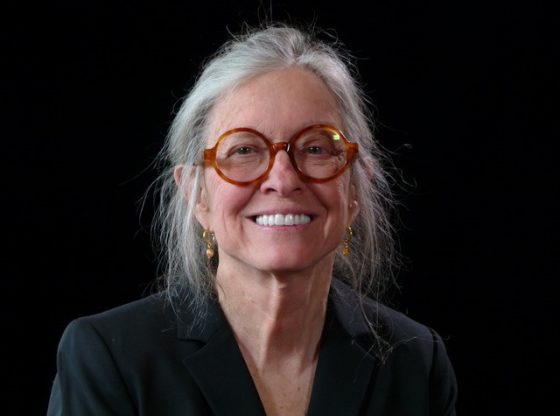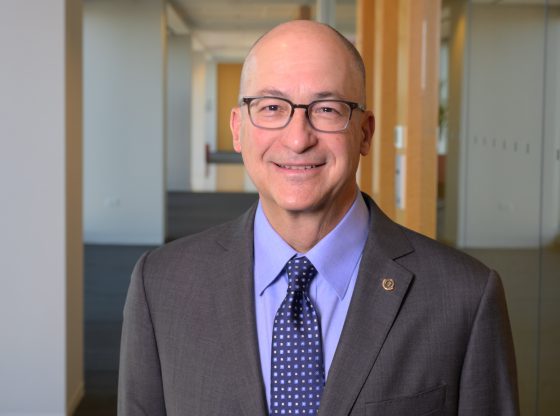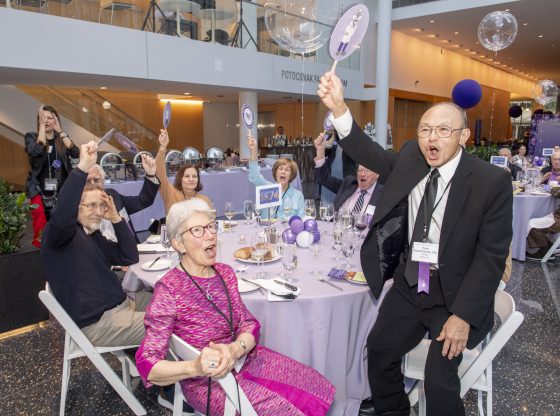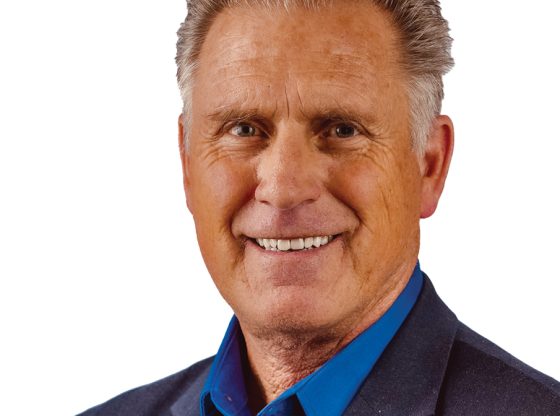The Healing Power of Storytelling
by Jennifer Pien, ’01 MD
illustration by Joel Kimmel
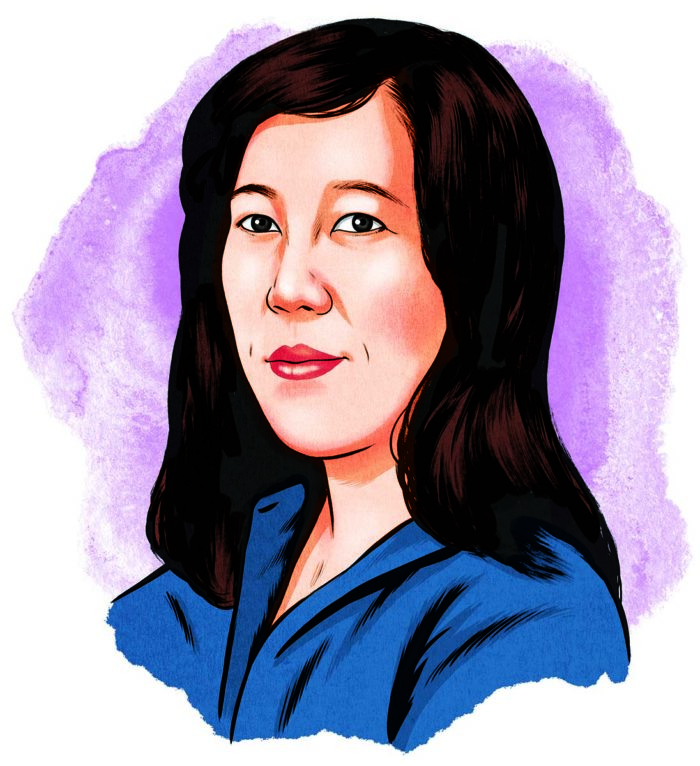
Every month, I am visited by Ozzy Osbourne incarnate. This patient has enough tattoos and gothic jewelry to adorn an entire heavy metal band. He arrives accompanied by several attentive staff, there to keep him safe, and brings his guitar with him, clutching it like a warrior would his sword.
As “Ozzy” settles in for our session, a helpful staff member sets the guitar aside, while carrying on a steady stream of chatter with my patient. Yet when I ask Ozzy to tell his story, he falls silent.
I understand that he will need a different approach, but it takes me a little while to figure out exactly what that will be.
Years ago, I swapped out Virginia Woolf and Kazuo Ishiguro (heroes of my undergraduate years) for Drs. Glen Gabbard and Irvin Yalom, turning my focus to the field of psychiatry. At my medical school interview, an oncologist asked me what drew me to medicine. Jettisoning my rehearsed statement, I said, “I am interested in the story of each person, not just about their illness and recovery, but about who they are.”
As medical practitioners, we can all benefit from incorporating self-expression in our work.
– Jennifer Pien, ’01 MD
A few years ago, I undertook a quest many of you may be familiar with after the hyper-focused rigors of medical school and residency — rediscovering lost passions. In the process, I decided to write a novel, and in doing so I stumbled upon the field of narrative medicine. Dr. Rita Charon, the founder and executive director of the Program in Narrative Medicine at Columbia University, describes the discipline as “melding aspects of how we approach literature and writing to clinical care.” Early qualitative data shows that this approach to clinical care can increase therapeutic alliance empathy, and reduce health provider burnout. Patients feel better cared for. Providers give better care.
The field of narrative medicine draws upon principles similar to Rogerian centeredness, mindfulness, and the fundamental psychiatric skills of attentiveness and empathy, reminding us to be present and open to the story of each individual patient we encounter. Narrative medicine combines my medical practice with my love of writing, giving me a framework in which to draw out the stories found within each of my clients, and at the same time, fight back against the gravity-like pulls of burnout and eventual complacency.
Back to the guitar-wielding warrior, my patient who cannot tell his story.
One day, I have an idea. I stop the staff from setting aside my patient’s guitar. I wonder aloud whether the patient would like to play something for us. Without a word, he obliges. As he strums, his muteness transforms. Gone is his inability to convey his story. With the chords as his backdrop, my patient tells me about the abuse of his childhood. He tells me that without his music, he is agitated, consumed by a powerful distress that all too often culminates in police encounters and self-mutilation. His story is entwined ineradicably with his music, and we have learned to sit back, giving him his space to share his story in the medium most suited to him.
Music is the backbone of his story. Writing is the fundamental element of mine. As medical practitioners, we can all benefit from incorporating self-expression in our work. Whether it is sketching, sculpture, or any other form of creative self-expression, I recommend taking a moment to reflect on your patients and channeling those encounters into a creative outlet. Then, share the process with your patient or a trusted colleague. Studies show that co-creation of an illness narrative reminds us of and reinforces the individuality of our patients.
Every day, my writing informs my work. My work informs my writing. Challenges are invigorating rather than stultifying. I push myself to figure out how to capture the psychological effects of trauma through fiction. And I have come to believe that honoring the stories that grow out of our patients’ lived experiences can only benefit us in our professions.
Jennifer Pien is a physician and author. She is the associate director of The Pegasus Physician Writers Group at Stanford as well as the editor-in-chief of The Pegasus Review, a medical literary journal. An affiliated clinical assistant professor in the Stanford University Department of Psychiatry, her interests include narrative medicine, human sexuality, and cultural mythologies.

